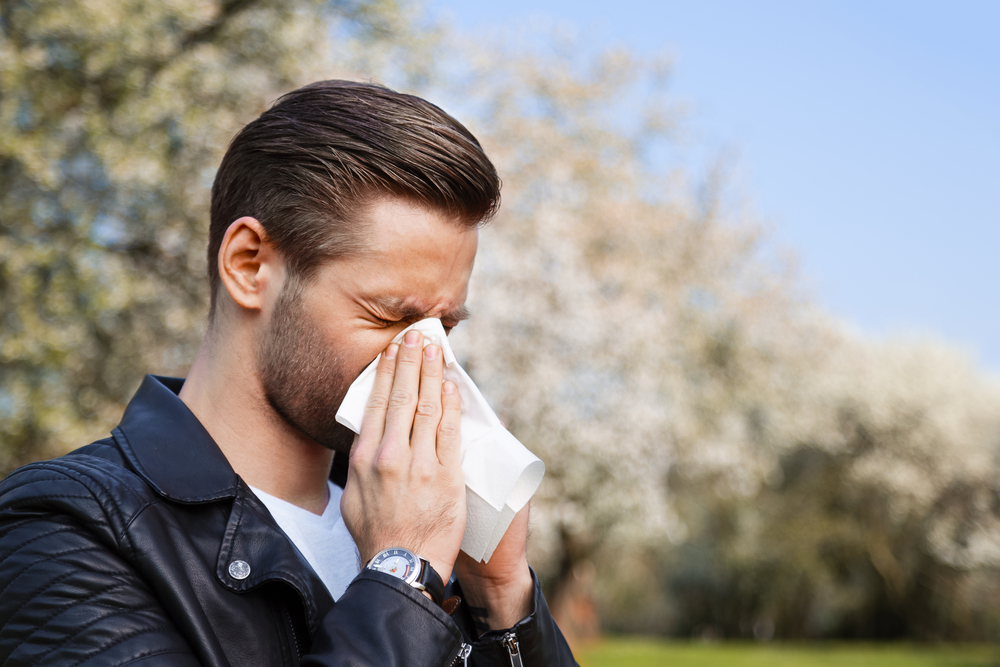Spring Arrives - Allergy Comes
For some people, the word 'spring' is synonymous with suffering. Not because they dislike the blooming flowers around them, but because that's when a different kind of bloom starts on their skin.

What is an allergy?
An excessive reaction of the immune system to certain external factors in our environment, such as chemicals we breathe or touch, or various flowers and trees that carry different pollens. In a person who suffers from this reaction, the hormone histamine is released in the body, leading to skin rashes, mucus production, sinus pain, diarrhea, vomiting, and more. About 20% of people experience allergies expressed as respiratory issues, but doctors note that anyone exposed to certain chemicals and other substances may develop an allergic reaction at some point in life.
Types of Allergies
There are many types of allergies, both seasonal and chronic. Seasonal allergies are mainly divided into two types: hay fever and conjunctivitis, often known as 'spring allergies,' even though, more precisely, they occur between February and October. Allergy symptoms (not just seasonal ones) include blurred vision, itchy palate, dark circles under the eyes, nausea, vomiting, stomach discomfort, diarrhea, irritation in the eyelids and sinuses, general itching in various body areas, phlegm, ringing in the ears, and more.

Symptoms of Hay Fever
Hay fever is primarily caused by breathing in dust found in the home or flower pollen. Its symptoms include chronic mucus production, as the eyes, nose, and sinuses are most affected.
Conjunctivitis
This inflammation is also termed 'allergic,' but unlike hay fever, it is not caused by any environmental irritant. Those who suffer from this allergy feel a persistent burning sensation in their eyes, which in extreme cases, could endanger vision itself.
How is it diagnosed?
At an allergy specialist, who will conduct a physical examination and review the patient’s medical history. Sometimes, the specialist may recommend a skin test (where a skin sample is taken, and a substance containing allergens is dripped to observe the skin's reaction to it) or a blood test to check for the presence of Immunoglobulin E (an antibody that appears in the blood during an allergic reaction).
Treatment
* Avoid contact with the allergenic factor as much as possible.
* Treatment with antihistamine medications that alleviate the allergy.
* Immunotherapy shots, with dosages determined by the attending physician.

